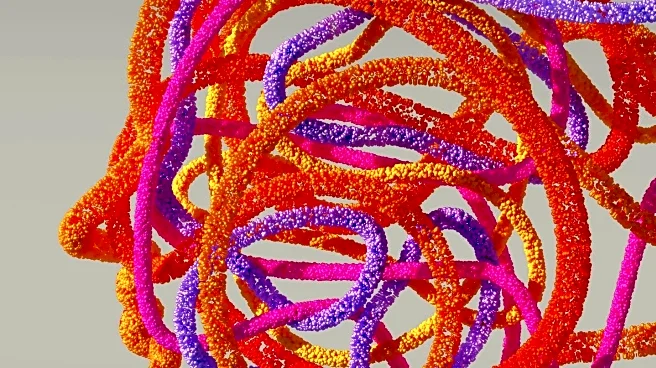What's Happening?
A study led by researchers from Ludwig Oxford and Memorial Sloan Kettering Cancer Center has uncovered how mechanical stress influences cancer cell behavior. The research highlights the role of HMGB2, a DNA-bending protein, which responds to confinement-induced stress by binding to chromatin and altering genetic material packaging. This process exposes genome regions linked to invasiveness, making them available for gene expression. Consequently, cancer cells with high HMGB2 levels become less proliferative but more invasive and resistant to treatment. The study emphasizes the tumor microenvironment's impact on cancer cell behavior, showing how physical cues can drive cells to reorganize their cytoskeleton and genomic architecture.
Why It's Important?
The findings underscore the significance of the tumor microenvironment in cancer progression, revealing how mechanical stress can drive epigenetic changes that enhance invasiveness. This knowledge is crucial for developing therapies targeting invasive, drug-resistant cancer phenotypes. Understanding these mechanisms could lead to strategies that prevent or reverse invasive transformations, addressing a major challenge in cancer treatment. The study highlights the need for therapies that consider the dynamic nature of cancer cells and their ability to switch states based on environmental cues.










